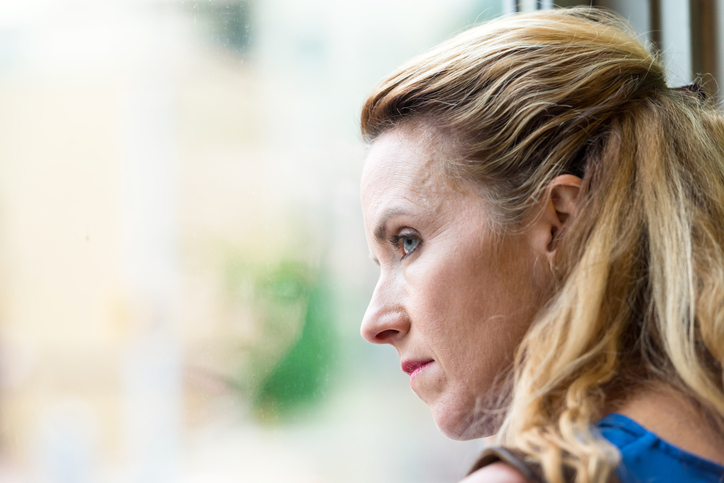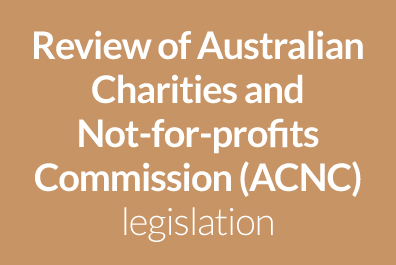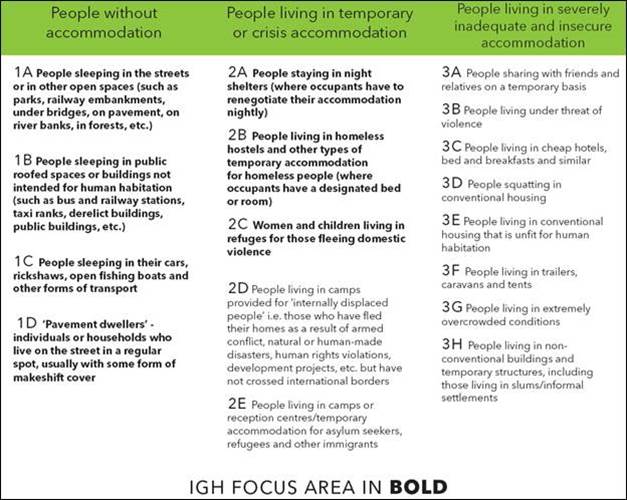
1 February 2018
Women and economic insecurity
Will young women entering the workforce today be worse off than their mothers?
Recent commentary around economic insecurity, poverty and homelessness for older disadvantaged women in Australia has described “the tsunami we didn’t see coming” and yet the data and trends have illustrated the potential of this crisis for decades. Why didn’t we see this coming and why didn’t we stop it? What can we do to ensure that today’s young women have equal opportunity to thrive throughout their lives?
Although women’s workforce participation has increased significantly over the past five decades, women still hold a greater proportion of caring and domestic responsibilities and continue to experience broken patterns of work as they move in and out of the workforce to fulfil their caring “duties”. Women still experience lower earnings and savings over their lifetimes compared to men and contend with a gender pay gap has barely improved over the last twenty years.
These factors are well known and debated both in Australian and around the world. And even with some improved outcomes that challenge these trends, such as better access to higher education, women in Australia continue to face systematic economic and social inequality throughout their lives. In fact, international trends indicate that Australia may be falling behind on global progress towards gender equity.
Despite widespread awareness of the causes and associated impacts of these factors for women, for the economy and for the community, few policy responses have resulted in a significant shift in these trends.
We are starting to see what these trends mean for older women in Australia but what do they mean for the young women who are entering the workforce today? The changing nature of work towards less secure employment, increasing underemployment, the erosion of workplace conditions and a diminishing social safety net indicates that economic security will continue to be a problem for many people but particularly so for disadvantaged women. The lack of effective policy responses to address the current situation in Australia indicates that, without concerted efforts, some young women may actually be worse off than their mothers.
Sue Ash AO and I will be presenting at the Bankwest Curtin Economics Centre Australian Gender Economics Workshop conference on the 8th of February to lead a discussion on these issues, to inform future policy and to suggest cultural and workplace responses to address these worrying trends.
What do we need to do in Australia to ensure that young women have equal opportunity for secure employment, income, savings and housing throughout their lives?
I look forward to sharing these insights with you following our presentation




